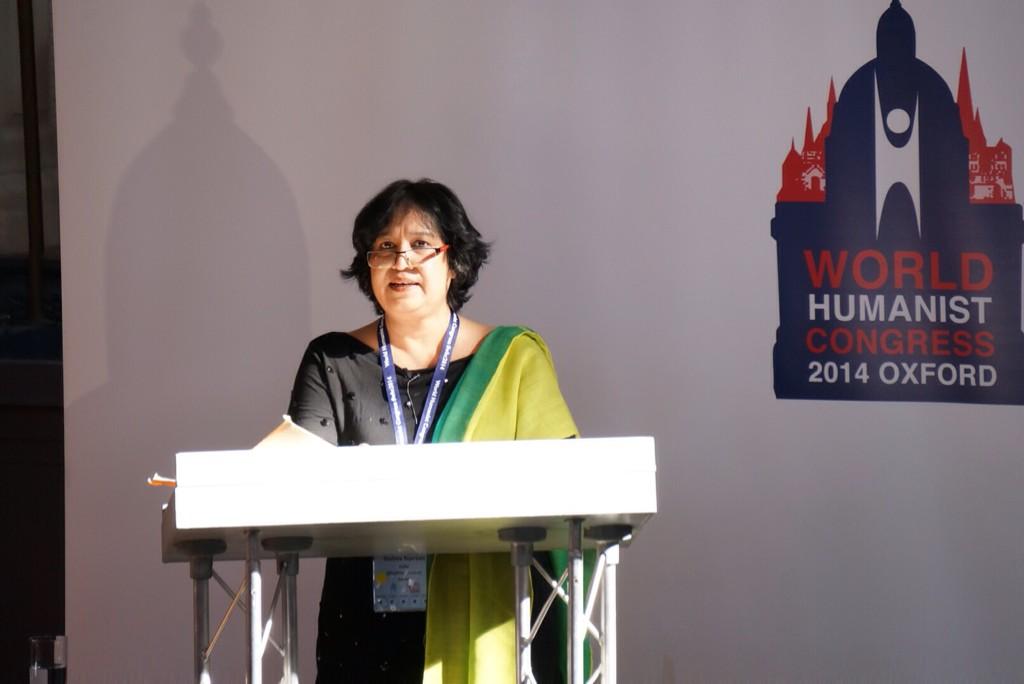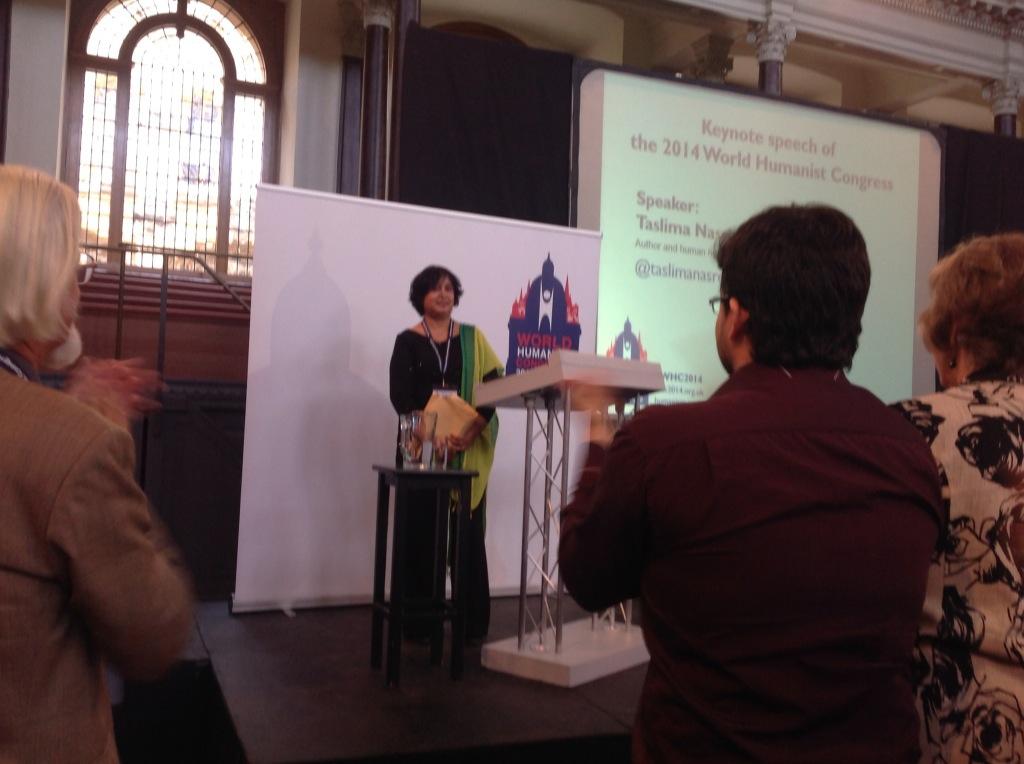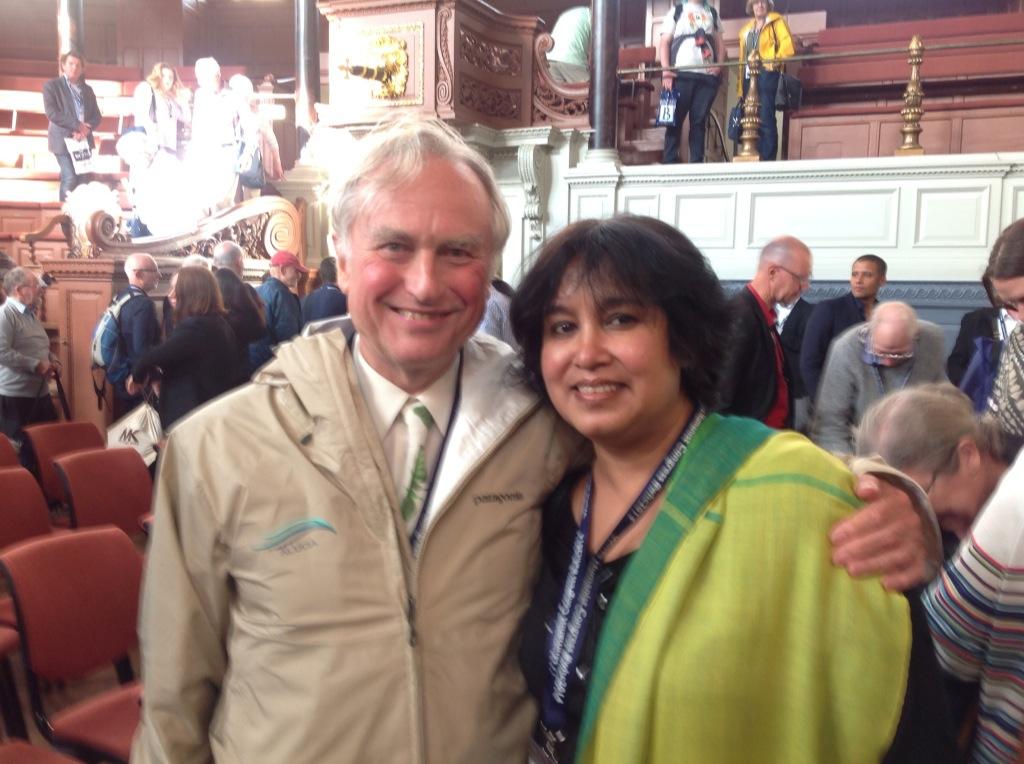It’s not just Kenya that has nasty new legislation in the pipeline; we do too. (Well of course we do. Congress is full of terrible people.)
…a newly proposed bill from two GOP Senators would allow faith-based adoption agencies opposed to marriage equality to deny service to gay and lesbian couples.
The Child Welfare Provider Inclusion Act of 2014 was introduced last week by Republican Senator Mike Enzi of Wyoming and Representative Mike Kelly of Pennsylvania because, apparently “some people in positions of power are essentially discriminating against people of faith.”
By “discriminating against” of course they mean “expecting to follow the law like everyone else.” But this is Hobby Lobby America, where the whole point is that People of Faith don’t have to follow the law like everyone else.
This is no doubt in reference to several Catholic-based agencies in states where marriage equality exists shutting down their adoption and foster care programs rather than place children with married gay couples, despite the fact that in many of these cases the programs were supported directly by state funds. According to a statement from Senator Enzi, it seems like he would like to get around this separation of church and state by providing federally sanctioned exemptions for religious organisations.
Faith-based charities and organisations do an amazing job of administering adoption, foster care and a host of other services. Limiting their work because someone might disagree with what they believe only ends up hurting the families they could be bringing together.
No no no it’s not because “someone might disagree with what they believe” – it’s because they refuse to serve people for bad, rights-denying reasons. It’s not about what they believe, it’s about what they do.
Well it’s partly about what they believe, but only after it’s about what they do. People who run adoption agencies are allowed to refuse to let people adopt if the reasons are relevant and valid: if there are good reasons to think the people in question will be bad parents who will do harm to the adopted child or children. They’re not allowed to refuse for bad reasons, such as No Gayz, so to that extent it’s about what they believe. But it wouldn’t be about what they believe if it weren’t about what they do, first.
If passed into law (assuming it would be constitutional, and it might not be), it sets a very dangerous precedent. Like corporations before it, these adoption agencies would now be able to claim that they as agencies have religious beliefs:
Child welfare service providers, both individuals and organisations, have the inherent, fundamental, and inalienable right to free exercise of religion protected by the United States Constitution.
Nah, they don’t. I know what the Hobby Lobby ruling said, but I disagree with it, and I get to say that organizations, not being persons, have no rights. I’ll just quote from Ginsburg’s dissent in Hobby Lobby here:
Until this litigation, no decision of this Court recognized a for-profit corporation’s qualification for a religious exemption from a generally applicable law, whether under the Free Exercise Clause or RFRA. The absence of such precedent is just what one would expect, for the exercise of religion is characteristic of natural persons, not artificial legal entities.
Also the Free Exercise Clause doesn’t mean people can do anything they want to as long as they say it’s because of a religious belief. Even the Hobby Lobby ruling didn’t say that. So, no, Child welfare service providers can’t just do whatever damn thing they feel like because god.
The bill itself is quite clear on the purpose being proposed:
The Federal Government, and any State that receives federal funding for any program that provides child welfare services under part B or part E of title IV of theSocial Security Act (and any subdivision, office or department of such State) shall not discriminate or take an adverse action against a child welfare service provider on the basis that the provider has declined or will decline to provide, facilitate, or refer for a child welfare service that conflicts with, or under circumstances that conflict with, the provider’s sincerely held religious beliefs or moral convictions.
Oh yes? Really? So the provider can decline to let atheists adopt a child? Black people? Foreigners? Poor people? Muslims, Jews, Protestants, Catholics?
Maybe that will be a future SCOTUS ruling.
(This is a syndicated post. Read the original at FreeThoughtBlogs.)






